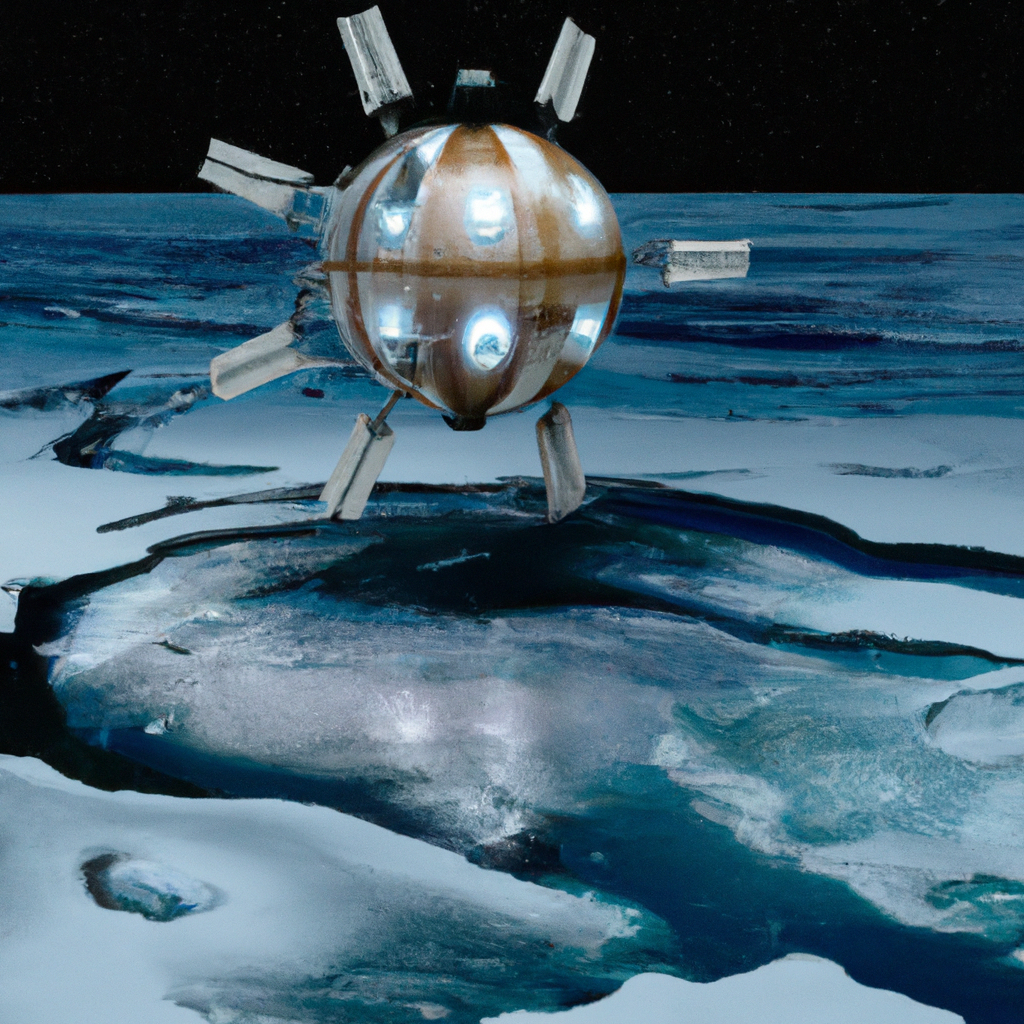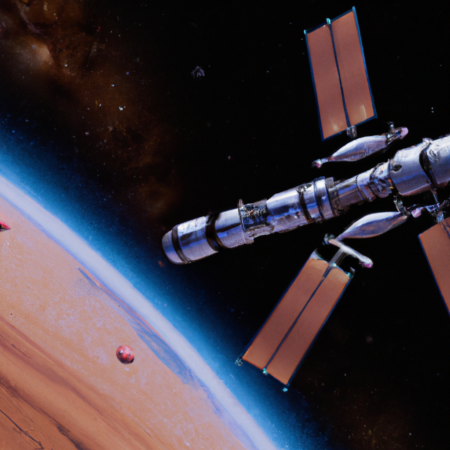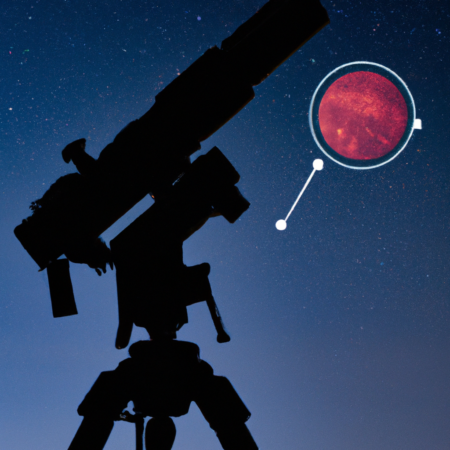Exploring the Frontiers: The Cutting-Edge Missions Shaping Space Exploration in 2025
As we advance further into the decade, the year 2025 marks a pivotal point in space exploration. Several groundbreaking missions are set to redefine our understanding of the cosmos, pushing the boundaries of what’s possible. In this post, we will delve into the most exciting space missions of 2025, exploring their objectives, technologies, and the potential impacts on science.
The Artemis Program: Returning Humans to the Moon
NASA’s Artemis program, aimed at returning humans to the lunar surface, is expected to launch its most crucial missions yet in 2025. Artemis III, slated for a mid-2025 launch, plans to land the next American astronauts on the Moon, including the first woman and the next man. This mission not only aims to establish a sustainable human presence on the Moon but also to test new technologies that could enable future crewed missions to Mars.
Europa Clipper: Searching for Life on Jupiter’s Icy Moon
The Europa Clipper mission, set for a 2025 launch, is designed to orbit Jupiter’s moon Europa. Equipped with cutting-edge scientific instruments, this spacecraft will investigate Europa’s ice-covered ocean, which scientists believe could harbor conditions suitable for life. The mission’s goal is to assess the habitability of Europa by studying its subsurface ocean, ice shell, and potential hydrothermal activity.
China’s Mars Sample Return Mission
In a significant leap forward in interplanetary exploration, China plans to launch its first Mars sample return mission in 2025. This ambitious project aims to collect samples from Mars’ surface and return them to Earth for comprehensive analysis. The mission could provide critical insights into the red planet’s geology, climate history, and the potential for past life, marking a monumental step in Mars exploration.
Advancements in Space Telescopes
The year 2025 will also witness the deployment of advanced space telescopes that promise to expand our view of the universe. These include the next-generation telescopes equipped with larger mirrors and more sensitive detectors to observe distant galaxies, exoplanets, and the cosmic web in unprecedented detail.
As these missions unfold, they not only enhance our knowledge of space but also inspire global cooperation and technological innovation. The future of space exploration in 2025 is not just about reaching new frontiers but also about expanding the horizons of human potential and knowledge.






